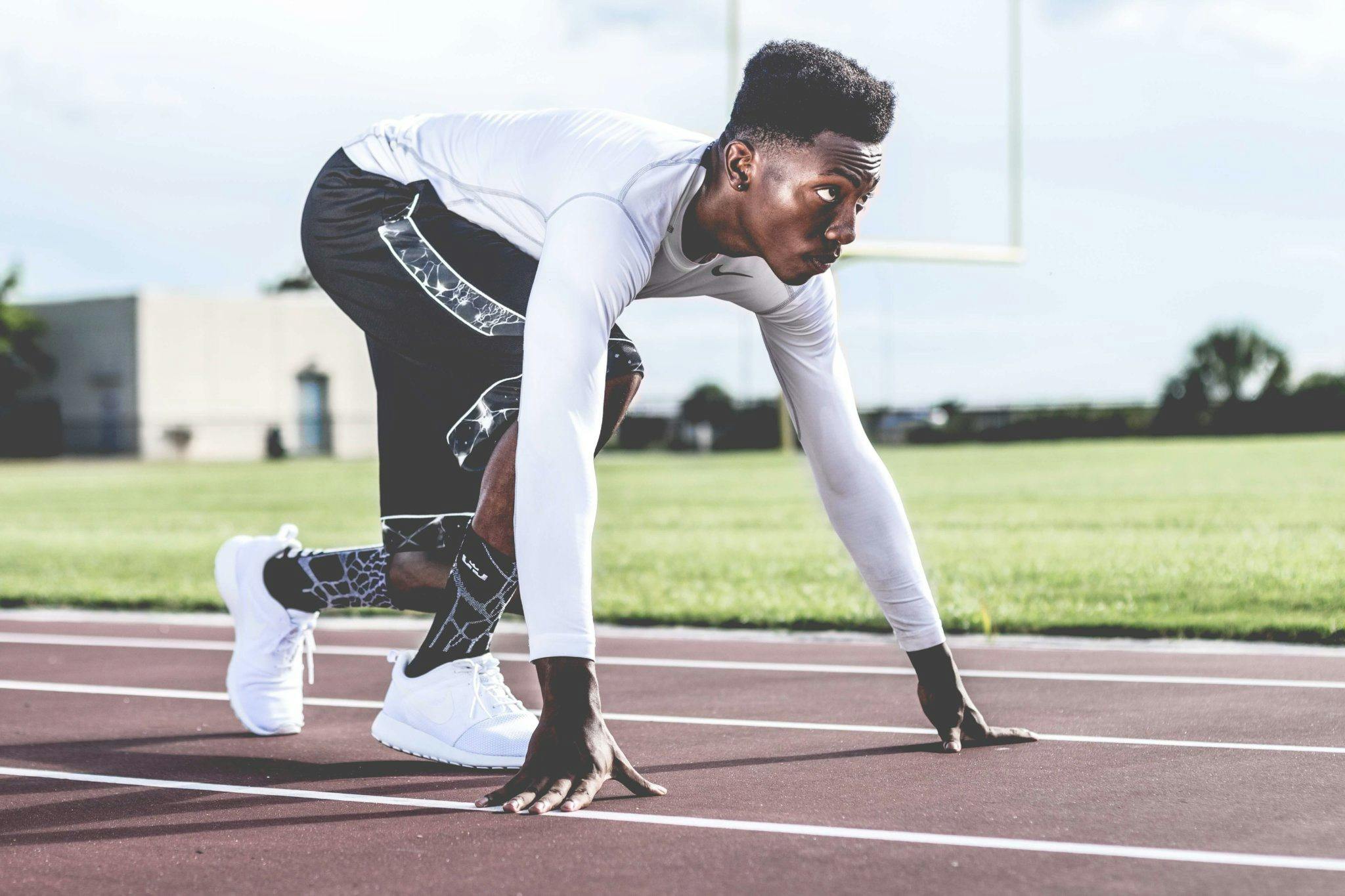How to Develop a Comprehensive Sports Psychology Program for Elite Athletes?

Mastering the physical aspects of their sport is not enough for elite athletes. They also need to have a robust mental strategy, capable of helping them handle the intense pressure that comes with high-level competitions. That’s where sports psychology comes in. If you’re tasked with developing a sports psychology program for these high-performing individuals, here’s a comprehensive guide to get you started.
Understanding the Importance of Sports Psychology
Before diving into the specifics of creating a sports psychology program, it’s essential to understand why it’s needed in the first place. Sports psychology is a field that focuses on how psychological factors affect athletic performance and how participation in sports can affect an individual’s psychological and physical well-being.
A découvrir également : What’s the Role of Kinetic Chain Exercises in Improving Golf Swing Efficiency?
Studies have shown that mental toughness and resilience can make the difference between a good athlete and a truly elite one. A sports psychology program can equip athletes with the mental skills and strategies they need to perform at their best under pressure, recover from setbacks, and stay focused and motivated over the long haul.
It should be noted that the benefits of sports psychology extend beyond athletic performance. Athletes who participate in sports psychology programs typically report improved self-confidence, better stress management skills, and enhanced overall well-being.
A lire aussi : How to Enhance Concentration Skills in Young Athletes Through Mindful Practices?
Initial Assessment and Goal Setting
The first step in developing a sports psychology program is conducting an initial assessment of the athletes’ mental skills and psychological needs. This can be done through a combination of interviews, psychological tests, and observation during training and competition.
The initial assessment will give you a clear picture of the athletes’ strengths and areas for improvement. For example, some athletes might struggle with staying motivated during long training seasons, while others might have difficulty handling the pressure of high-stakes competitions.
Once you’ve identified the areas that need improvement, the next step is goal setting. It’s important to set both short-term and long-term goals for the program. Short-term goals could include developing specific mental skills, such as stress management or concentration, while long-term goals might involve improving overall performance or enhancing well-being.
Developing and Implementing Mental Skills Training
Once you’ve identified the athletes’ needs and set goals, the next step is developing a mental skills training program. This is the core of the sports psychology program and should be tailored to the specific needs and goals of the athletes.
Mental skills training could include techniques for improving concentration, managing stress and anxiety, developing resilience and mental toughness, enhancing motivation and self-confidence, and improving communication and team dynamics. These skills can be developed through a variety of methods, including guided imagery, relaxation techniques, mindfulness training, cognitive-behavioral strategies, and group workshops or seminars.
After developing the mental skills training program, the next step is implementation. This involves teaching the skills to the athletes, providing opportunities for practice and feedback, and integrating the skills into their regular training and competition routines.
Monitoring Progress and Providing Ongoing Support
Developing mental skills is not a one-time event, but a continuous process that requires ongoing practice, feedback, and adjustment. Therefore, it’s crucial to monitor the athletes’ progress regularly and provide ongoing support.
You can monitor progress by observing athletes during training and competition, conducting regular interviews or check-ins, and using psychological tests or self-report measures. This will give you valuable information about how well the athletes are learning and applying the mental skills, and whether any adjustments are needed to the program.
Providing ongoing support is also essential. This could involve regular meetings or consultations with the athletes, providing resources for further learning and practice, and being available to address any questions or concerns.
Encouraging a Positive Psychological Environment
Last but not least, it’s important to create a positive psychological environment that supports the athletes’ mental health and well-being. This goes beyond the specific techniques and strategies of the sports psychology program and involves the overall culture and environment in which the athletes train and compete.
A positive psychological environment is one that encourages open communication, promotes psychological safety and trust, values mental health and well-being, and recognizes the importance of balance and recovery.
Creating such an environment might involve educating coaches and other support staff about sports psychology, implementing policies and practices that promote mental health and well-being, and fostering a culture that values and supports mental toughness and resilience.
In the end, developing a comprehensive sports psychology program for elite athletes is a complex process that requires a deep understanding of sports psychology, careful assessment and goal setting, tailored mental skills training, ongoing monitoring and support, and a commitment to creating a positive psychological environment. However, the effort is well worth it, as a strong sports psychology program can make a significant difference in athletes’ performance and well-being.
Incorporating Technology
In this digital age, technology plays a crucial role in sports psychology. By integrating technology into our sports psychology program, we can enhance the effectiveness of our methods and provide athletes with the best possible mental training.
One of the ways to integrate technology is by using apps and online platforms that offer mental skills training. These digital tools can provide athletes with interactive exercises, guided meditations, and personalized feedback to improve their mental skills. For example, biofeedback apps can help athletes learn how to control their physiological responses to stress, while mindfulness apps can provide guided meditations to improve focus and calmness.
Virtual reality (VR) is another exciting piece of technology that can be utilized in sports psychology. VR can provide athletes with realistic simulation of high-pressure situations, allowing them to practice their mental skills in a safe and controlled environment. This technology can be particularly useful for athletes who compete in high-risk sports, as it allows them to rehearse their mental routines without the physical dangers associated with their sport.
Lastly, data analytics can provide valuable insights into athletes’ mental performance. By tracking and analyzing data related to stress levels, mood, and mental states, we can gain a deeper understanding of how these factors influence athletic performance. This information can guide the development of personalized mental training programs, and help us monitor athletes’ progress over time.
Professional Collaboration
In the development of a comprehensive sports psychology program, it’s also beneficial to collaborate with other professionals. These could include coaches, physiotherapists, nutritionists, and other sports psychologists. This multidisciplinary approach ensures that all aspects of an athlete’s performance – physical, nutritional, and mental – are being addressed.
Coaches, for example, play a crucial role in athletes’ mental preparation. They can help reinforce the mental skills taught in the sports psychology program, and incorporate psychological strategies into the athletes’ training routines.
Physiotherapists and nutritionists can also provide valuable input. Physical injuries and nutritional deficiencies can have a significant impact on athletes’ mental state. By working together with these professionals, we can ensure that these issues are adequately addressed, and that our athletes are in the best possible condition – both physically and mentally.
Conclusion
In conclusion, developing a comprehensive sports psychology program for elite athletes is a multifaceted process. It involves understanding the importance of sports psychology, conducting an initial assessment, setting goals, developing and implementing mental skills training, monitoring progress, providing ongoing support, and fostering a positive psychological environment.
Incorporating technology and collaborating with other professionals can further enhance the effectiveness of the program. With a comprehensive, well-designed program in place, we can equip our athletes with the mental skills they need to excel in their sport, and support their psychological and physical well-being.
Remember, the goal is not just to create better athletes, but also happier, healthier individuals who can handle the pressures of high-level competition while maintaining a balanced and fulfilling life.
